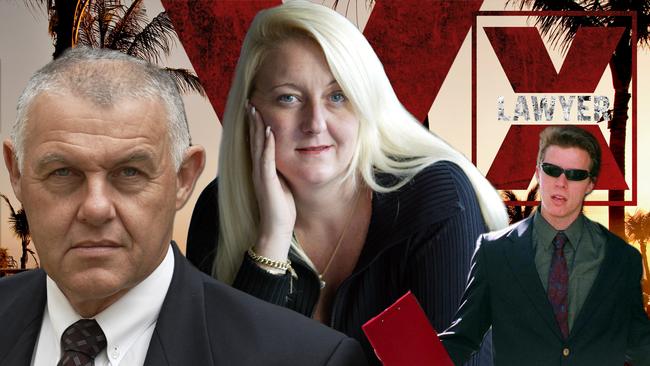It seemed such a cushy task. Sen-Sgt Ron Iddles had hunted killers and child rapists over a lauded career in homicide. Now, at short notice, he had to find his passport and fly to Bali. An order had come from then Assistant Commissioner Simon Overland. Iddles was to sit in a luxury hotel and take a witness statement.
The witness was Nicola Gobbo. She was under police protection for an upcoming trial of former detective Paul Dale, for the murder of police informer Terence Hodson.
On arriving, and discovering Gobbo’s identity, Iddles made sense of the secrecy and the rush that had enveloped the trip. He had, by chance, beforehand stumbled on to one of Victoria police’s biggest secrets — that Gobbo, the gangland lawyer, was also a police informer.
PODCAST: LIFE & CRIMES ON iTunes, WEB OR SPOTIFY
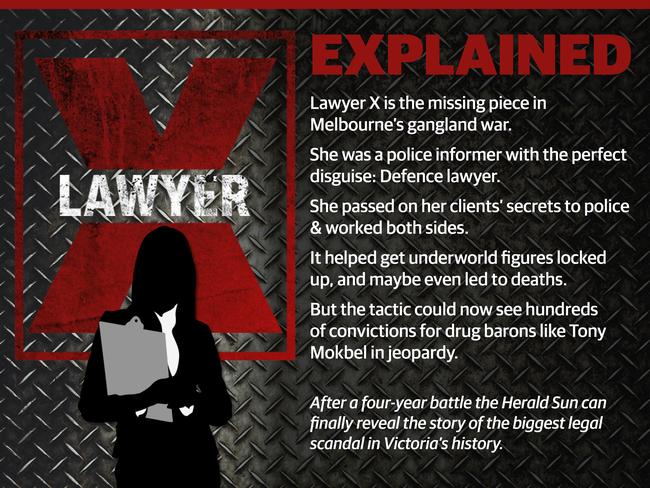
PART 3: THE MAN IN THE GOLDEN COFFIN
PART 8: HOW WE UNCOVERED THE TRUTH
She was “hard work”. Informers often are, given their information is generally being leveraged or induced. Gobbo seemed happy enough to volunteer the material, yet her statement took two and a half days in a Seminyak hotel room, given the constant breaks for coffees and cigarettes. It contained little evidentiary value. Not that this was Iddles’ big concern.
Between Iddles and Gobbo lay police intelligence documents piled 25 deep to remind Gobbo — as informer 3838 — of the times she had caught up with another former officer, who happened to be implicated in a murder.
The documents, called contact sheets, dated back to the early 2000s and related to the vexed investigation into the death of the so-called vampire gigolo, Shane Chartres-Abbott.
The 2009 Bali statement was Gobbo’s contribution to that investigation — Operation Briars — that sagged in corruption claims and internal discord.
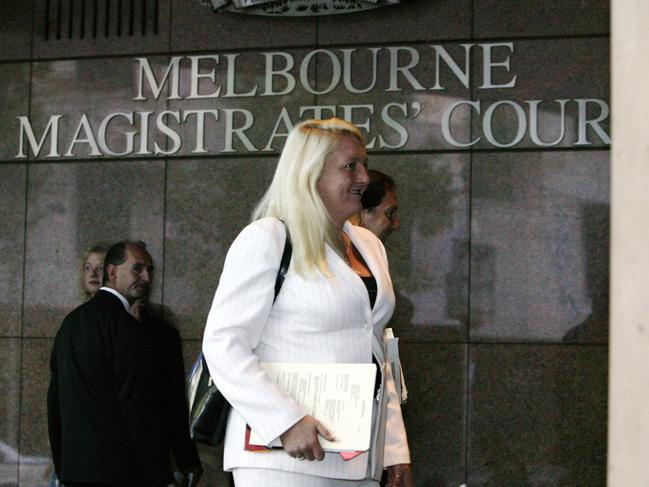
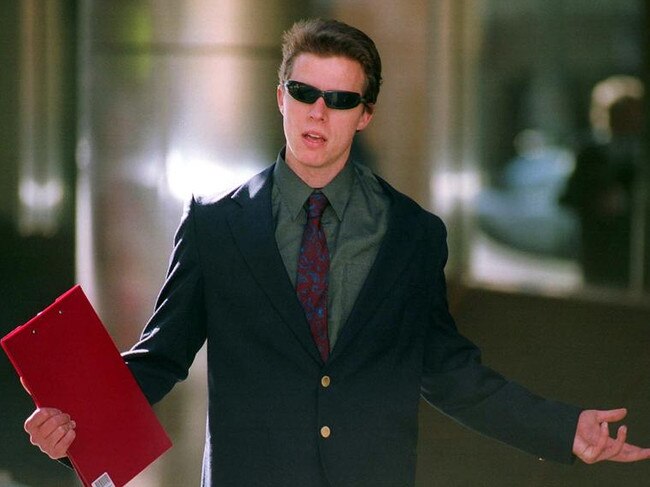
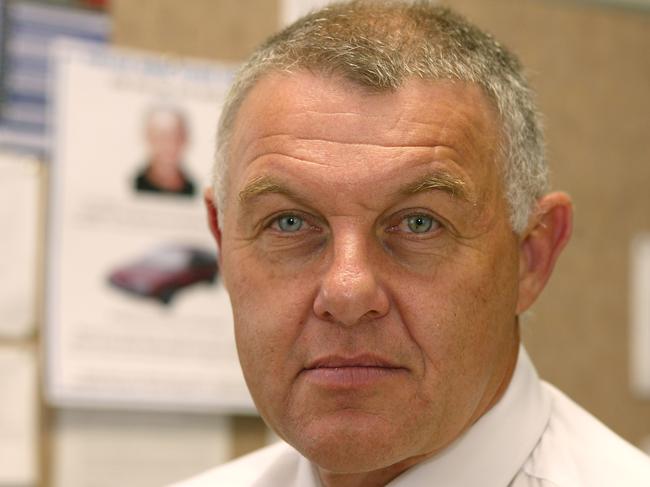
Such operations would be a hallmark of unsettled times.
Briars featured phone taps and allegations that both exploded as newspaper headlines and withered in courtroom scrutiny. Close observers now say that Iddles was lugged with reconciling an overabundance of Overland’s ambition to a scarcity of evidence.
The case hung, like so many of the era, on criminal informer testimony. Briars would burn careers and more than $20 million.
Gobbo used to drink at the Canada Hotel in Carlton with a detective, Dave “Docket” Waters. Overland wanted Gobbo’s statement to build a case that Waters’ close friend, another officer, Peter “Stash” Lalor, had passed the address of Chartres-Abbott to a hitman who had confessed to the gigolo’s murder. Lalor has always denied involvement.
Waters engaged Gobbo as his lawyer in 2004 and 2007. He has said he was struck by her odd questions and that he now believes that she was instructed — as a police informer — to try and extract incriminating information from him.
Gobbo was one of the most productive police informers in recent memory.
Herein lay Iddles’ concern, which was based as much on his imagining as fact.
The simplest grasp of the justice system precludes a lawyer from being an informer.
Now she was agreeing to be a witness, to be named in open court and to give evidence. Gobbo’s exposure could have revealed the breadth of her informing — not that Iddles knew at the time that this amounted to 5500 information reports over many years.
Nor did he know then of the personal association between Gobbo and Overland — this would be hinted at the following year, when a small fraction of Gobbo’s interactions with police leaked into the public arena.
In Bali, Iddles found Gobbo to be very intelligent — and naive, a description he also applies to police command who pressed for her statement.
She appeared to have a “fascination with police”.
She tried to help Iddles grasp the improbable: “I’ve been working with Victoria Police for a long time. I crossed the line a long time ago.”
Iddles got Gobbo’s statement. Then, with an old-world wisdom that defied his younger and superior officers, he refused to let her sign it. He feared for her safety, foremost. He also wondered at the fallout if she was to confront a wily barrister under cross examination. Two words kept flashing in his mind — royal commission.
Such evidence, if tended to court, could reveal a system of informing, as well as reports and meetings, that stood to appear unethical.
HITMAN TAKES HODSON SECRETS TO GRAVE
WHAT WAS THE GANGLAND WAR ALL ABOUT?
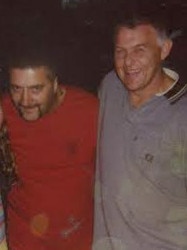
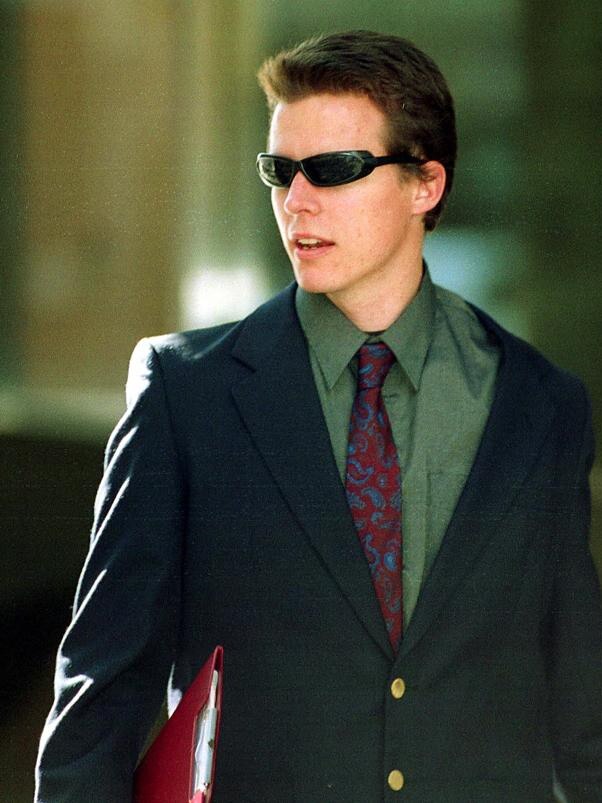
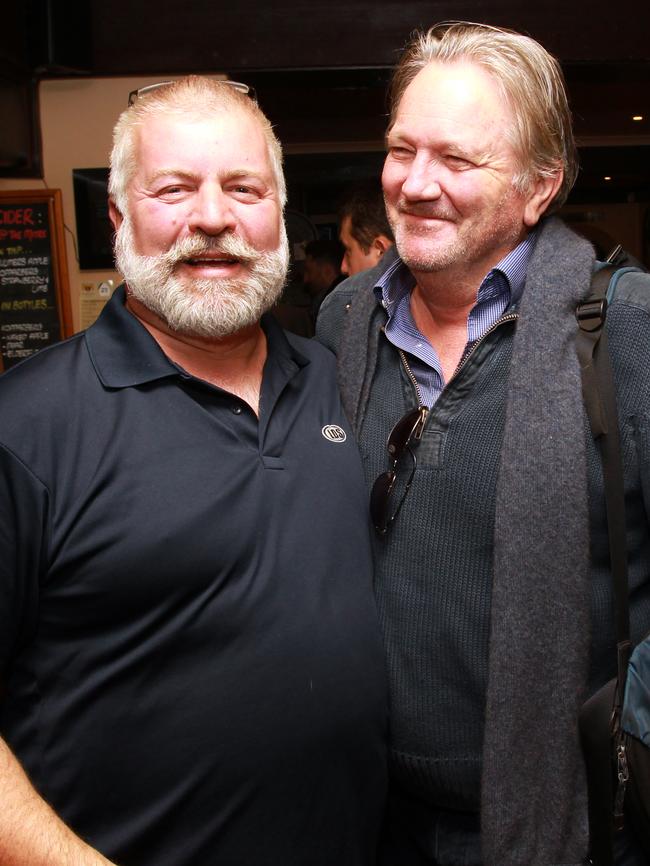
Iddles relayed his concerns to Overland.
“You will get it signed,” he was told. “But I didn’t,” Iddles says.
Gobbo was about to be threatened — repeatedly — in the weeks after Iddles visited her in Bali. At the time, prosecutors successfully argued against the bail of Paul Dale on the grounds of witness safety.
By November 2009, about six months after Iddles visited her in Bali, Dale had got bail and Gobbo had been in and out of hospital, in part because of stress-related illnesses.
Gobbo’s attitude to helping police appears to have hardened.
Police-tendered court documents claim that she demanded $20 million for giving murder trial evidence against Dale.
When the Independent Broad-Based Anti-Corruption Commission explored the use of police informers many years later in 2015, in what became known as the Kellam report (it was authored by former judge Murray Kellam AO QC), it identified some concerns raised by Iddles internally after his Bali trip.
The Kellam report found police had been negligent in handling of informers. Some actions had the potential to “have adversely affected the administration of justice”.
Victoria Police in response spoke of “clear room for improvement”. Yet it was unclear which practises were negligent. The Kellam report particulars were suppressed from public view.
Acting chief commissioner Tim Cartwright said at the time that there was no evidence to indicate that any cases had been tainted. The Office of Public Prosecutions, on being asked if any cases appeared unsound, said there were insufficient grounds to review any cases.
But the OPP subsequently had a rethink. After protracted and secret courtroom battles over the last four years, reaching the High Court, the OPP has finally been given approval, despite police resistance, to notify convicted criminals that their cases could have been compromised.
Iddles was not the only police officer who had foreseen the current crisis. Sir Ken Jones, then the deputy chief commissioner of police, identified “potential misconduct issues, at the very least, against many top police” in Gobbo’s use by officers.
He fell out with Overland, his boss, in part over the handling of informers.
Overland played a close role in Gobbo’s informing. He was personally named when Gobbo went public after Carl Williams’ death in 2010.
“I was assured by Mr Overland that I would be compensated and that I would be left no worse off,” Gobbo told the ABC.
It was an aggressive strike in self-preservation; a classic scorpion sting. Gobbo wanted the world to know that she did not feel safe. Publicity was an unorthodox tack from a shapeshifter who always hid in plain sight.
ESKY MURDER CARL GOT AWAY WITH
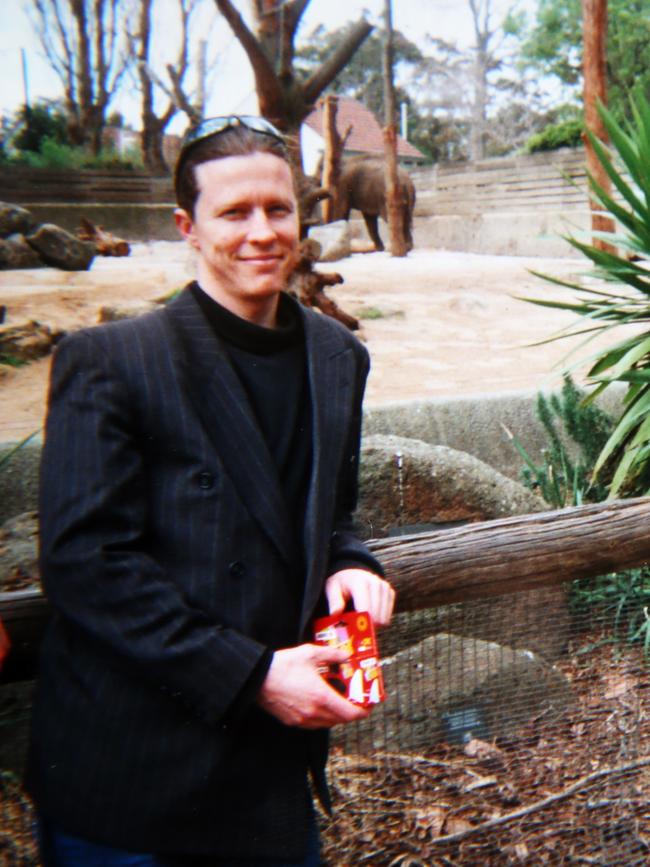
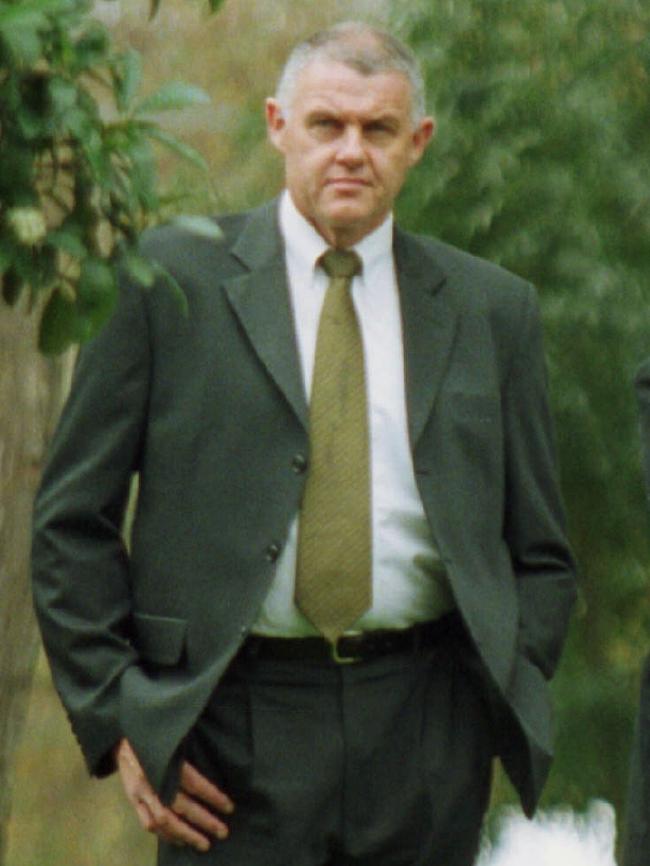
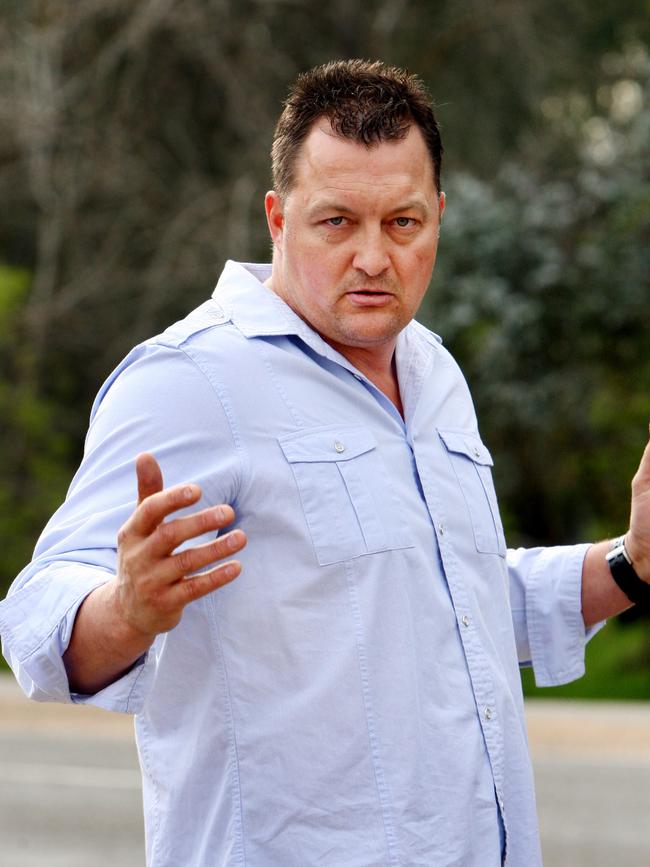
Secrecy had always been her trump. It had to be, given her untenuous status as both a criminal barrister and police informer.
During subsequent courtroom arguments over a $20 million civil lawsuit brought by Gobbo against Victoria Police, Gobbo’s counsel, John Dixon, argued that Overland — then chief commissioner of police — should be personally on hand for mediation because of his “long history of practical negotiations” in the matter. It “ultimately keeps coming back to Mr Overland and we say that there are real issues about which Mr Overland has direct and personal knowledge …” he said.
In previous years, Gobbo and high-ranking police had dined at a golf club in Melbourne's east, a welfare check of sorts before a coercive hearing at the Australian Crime Commission.
The setting was fancy. Yet the club had a bigger benefit — discretion.
When Gobbo’s informer status was revealed in 2014 in the Herald Sun, Sir Ken was scathing.
In a private email, he wrote: “It will be said that some state witnesses, especially police, will have had to perjure themselves as to their ‘sources’ during committals and trials.”
Iddles, meanwhile, still ponders the Gobbo statement.
Signed or not, it wouldn’t have counted for much, he believes, except to place her in danger. Of the (failed) case against the police officers implicated in murder, he says: “She didn’t hear them talk about anything.”
MORE CRIME:
DEATH STARE: CARL’S EVIL KILLER

